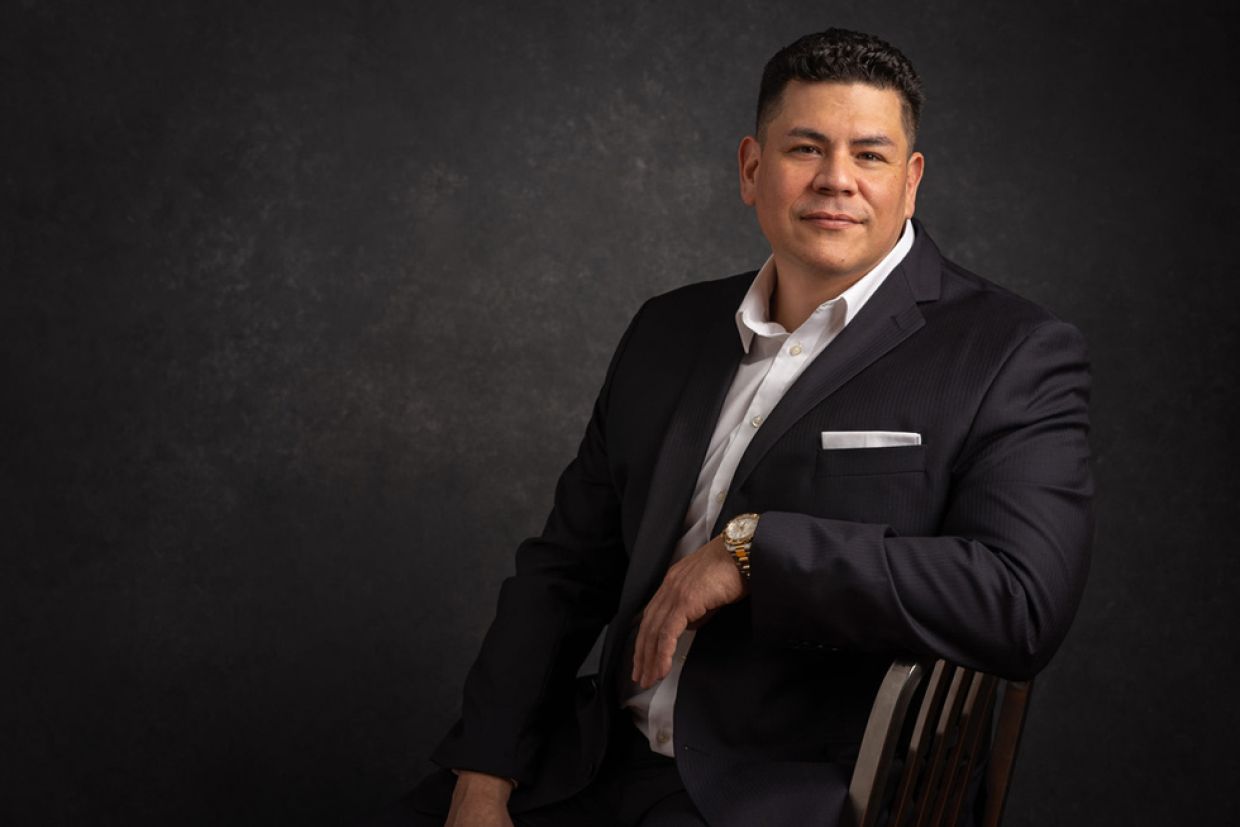Steven Vanloffeld, EMBA’23, an Anishinaabe entrepreneur from Saugeen First Nation, is spreading the word about the need for economic reconciliation and the accomplishments of Indigenous entrepreneurs.
It’s a message he actively promotes with his podcast, The Indigenist, which highlights Indigenous entrepreneurs who are effecting change in their communities and by financially supporting the next generation of Indigenous business leaders.
Neither would be possible without his own accomplishments as an entrepreneur.
Vanloffeld’s path to becoming a successful business owner has been anything but linear, but if there is one common thread throughout his career, it’s his passion for Indigenous community economic development.
He’s worked as a co-ordinator for the Indigenous Education Network at the University of Toronto’s Ontario Institute for Studies in Education, as the executive director for Toronto Aboriginal Support Services Council, and as the executive director of the Association of Native Child and Family Services Agencies of Ontario (ANCFSAO).
His experiences working in non-governmental agencies served as the catalyst to return home and run for chief of Saugeen First Nation. While he finished second, he was elected to council.
“It was great to be able to move back home and bring that regional, provincial, and national experience to create change within my community,” Vanloffeld reflects. “One of my portfolios was economic development, and that exposed me to the opportunities that are available to Indigenous entrepreneurs and communities, but also revealed the significant barriers that exist.”
While serving on council he realized that $27 million, or 84 per cent of his community’s annual budget, went to expenditures. Out of necessity, this money went to external companies because the area lacked the business infrastructure to keep that money circulating in the community.
“Sitting on council, I saw millions, tens of millions of dollars flowing out of my community,” Vanloffeld remembers. “Where's it going? What are those businesses doing for us?”
Determined to prevent this economic leakage, Vanloffeld founded eSupply Canada, an online distributor of business supplies, in 2019.
Office, janitorial, and industrial supplies offered an opportunity to keep money in Indigenous communities, as every business requires these items, but Vanloffeld was also intrigued by the parallel between his idea and historical Indigenous trade networks.
“We are the original supply chain. When you think back to the trade that happened through our routes and networks when the folks came over here from across the ocean, we were those supply chains to get things to where they were going. Those were our people. We are those networks. And it's opening up that commerce again to Canadians, but also between nations as well.”
The company’s continued success has had a direct financial impact on Indigenous communities. Vanloffeld’s team has spent the past year developing an e-commerce platform, Couch Cushion, to offer Indigenous communities an all-in-one customizable e-commerce platform with revenue sharing to ensure more dollars stay in community.
In addition, a portion of each eSupplyCanada sale contributes to the company’s Future Leaders Scholarship Program, which helps financially support Indigenous students in business, economics, law, and the trades pursue post-secondary education.
“I intentionally focused on those sectors. Why? High potential, high growth, high opportunities, but we still lack the critical mass of people within our communities with those skill sets. As a result, we're still contracting mainly non-Indigenous people from institutions and organizations and urban areas to meet those needs. It’s another example of economic leakage. I want to build up a knowledge base of people that have business skills within Indigenous communities to take advantage of the considerable opportunities within their territories.”
The company has other education-based charitable efforts, including a 10-year, $25,000 commitment to the Chippewas of Nawash Board of Education.
Direct financial support is not the only way Vanloffeld continues to give back. On his podcast, he amplifies the voices of Indigenous leaders whose businesses are positively affecting lives. It’s a chance to call attention to some of the 50,000 Indigenous-owned business owners, small and large, making a difference in their communities.
“I didn't set out to sell supplies, and truth be told, there's nothing sexy about it,” Vanloffeld emphasizes. “But through that, I'm able to have an impact on students. I've been able to create platforms for Indigenous communities to be able to participate in economic reconciliation, resource development, and job creation. That’s where my passion lies and that’s incredibly rewarding.”


